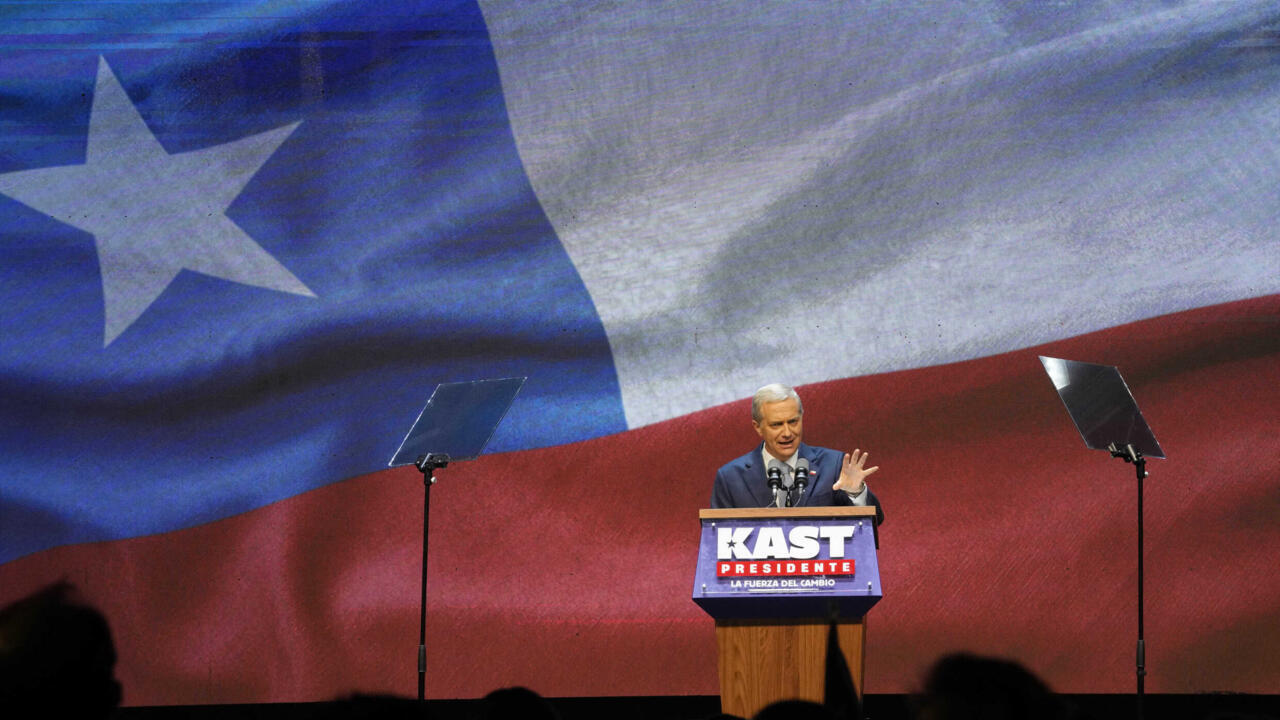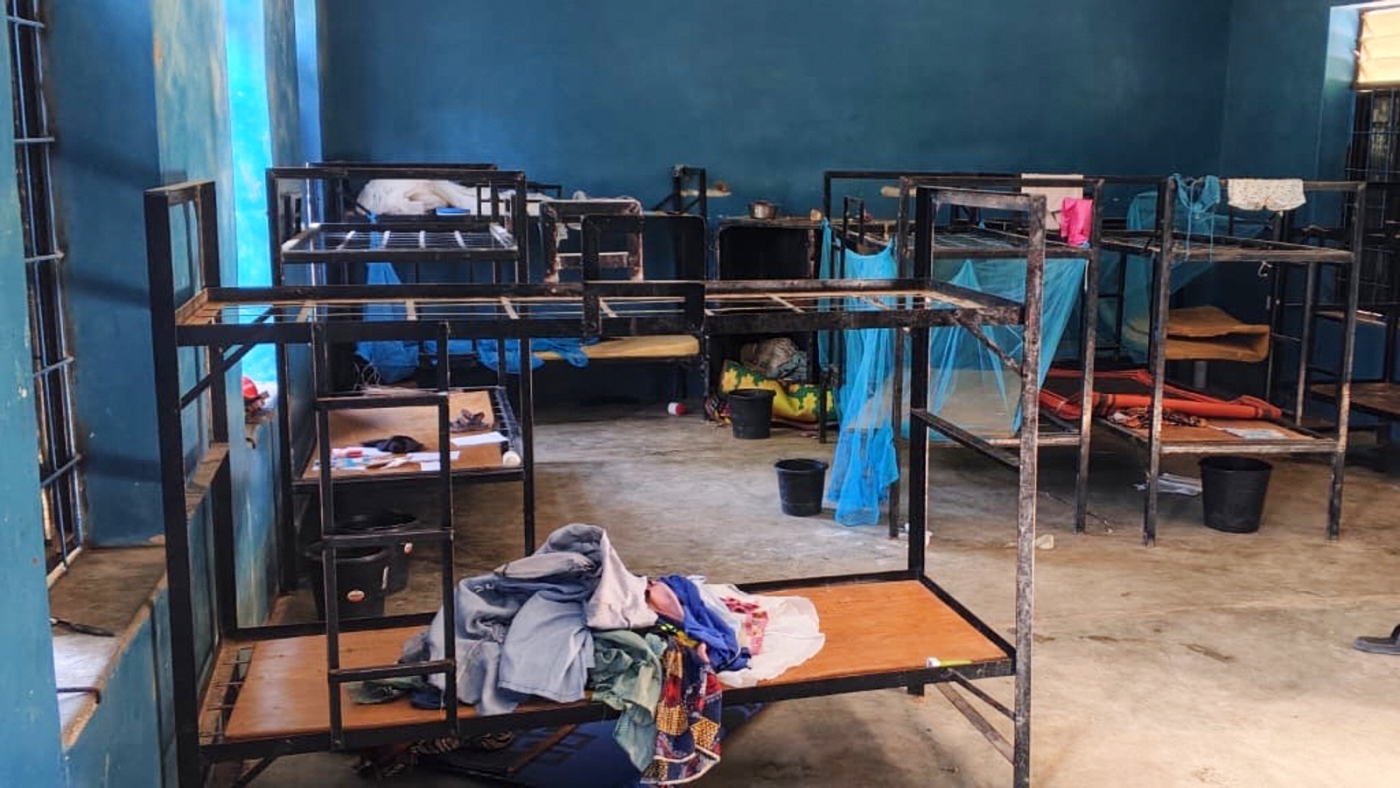Russian President Vladimir Putin on October 15, 2025.
Alexander Zemlianichenko | Afp | Getty Images
Russia is looking to ramp up rare earths production but it's late to the party and faces challenges along the way to establishing its position in the highly-lucrative global market, analysts say.
Russian President Vladimir Putin last week ordered his officials to complete a road map by Dec.1 "for the long-term development of the extraction and production of rare and rare earth metals."
Moscow has fallen behind peers like China when it comes to the exploitation of its deposits of rare earth elements, which are mainly used to make high-strength magnets which are vital components in high-tech and energy industries, such as those making consumer electronics, electric vehicles and wind turbines.
A global scramble for rare earths is well underway with China's dominance in the field creating geopolitical tensions and vulnerabilities for industries reliant on critical minerals.
The United States Geological Survey (USGS) estimated in its latest report there were 110 million tonnes of deposits worldwide. Of those, 44 million tonnes are in China, followed by Brazil (with 21 million tonnes), India and Australia. Myanmar also has significant reserves of heavy rare earths, and is a top supplier to China, but the amount of reserves it holds is unknown.
While lagging behind the big players, Russia is still estimated to possess the fifth largest known reserves of rare earths, totalling 3.8 million tonnes, the USGS stated. That's above the U.S. which is seen with 1.9 million tonnes.
Big ambitions
Russia's domestic rare earths production is small, nonetheless, at only 2,500 metric tons, or 0.64% of global production in 2024. Eager to change that, Moscow is preparing plans to better exploit its natural resources as rare earth demand soars, particularly from the U.S., as concerns grow over supply chains grow.
Those concerns came to the fore this year after China responded to U.S. trade tariffs by putting restrictions on its rare earths exports. That was until U.S. President Donald Trump and his Chinese counterpart Xi Jinping agreed last month that China would suspend controls for one year in return, for the U.S. lowering fentanyl-related tariffs.
Trump has also looked to seal a deal with war-torn Ukraine that would give the U.S. access to its deposits of rare earth minerals, which are located primarily in the south and east of the country and are partially occupied by Russian forces, in return for ongoing aid to fight the war. Trump has also expressed repeated interest in rare earth and mineral-rich Greenland.
U.S. Commerce Secretary is looking into the federal government taking equity stakes in computer chip manufacturers that receive CHIPS Act funding.
Andrew Harnik | Getty Images News | Getty Images
Putin, cognisant of Trump coveting such deals, has looked to pique the White House's interest, saying Russia is ready and willing to work with foreign partners on joint projects to extract and process the country's rare earth metals.
"Russia has a very long history, much like China, of extracting rare metals, so this is something that they have done for a long time, but I think their scramble [to increase rare earths extraction and production] now puts them in a different position. The U.S. is scrambling for a need. Russians are scrambling for an opportunity," Willis Thomas, principal consultant at CRU Group, told CNBC.
Russia has certainly teased its rare earth deposits, however, with Russia's Natural Resources Ministry stating earlier this year that it has reserves of 15 rare earth metals totalling 28.5 million tonnes, far higher than the estimates stated by the U.S. Geological Survey.
Questions remain, however, as to quantities of in-demand metals, and their quality. This is information Moscow was likely to keep closely-guarded, analysts said.
"It's a little bit opaque, but from what we know on the sort of stated reserves, they tend to be a little bit lower quality. I think there are probably ones [reserves] that we don't know about, that are known in Russia, and probably ones that no one knows about," CRU's Thomas said.
"The only reason you would release the 'ingredients' in your geological deposit is to raise capital. And if you don't have to raise capital from the public, you probably don't publicly disclose it," he added.
East, or West?
Another big question is whether Russia will look to its powerful Eastern ally China for business as Beijing looks for other supplies of raw rare earth materials that it can process and export. Or, whether Russia will look to the West, and specifically the U.S., to create new investment, mining and processing partnerships.
As CRU's Willis Thomas stated, "mining is the relatively easy part. It's the processing and separation and then having the downstream market to sell it into" that has allowed China to dominate the rare earths market.
Russia has put great efforts into developing economic ties and supply chains with China and could become another supplier to the country, which has been importing an increasing amount of raw rare earths from the likes of Myanmar, Malaysia and Laos, for the processing stage of production. China processes around 69% of the world's rare earth elements with economies of scale.
The U.S. might not be so ready to explore any future partnerships with Russia for the time being, given the souring of relations between Trump and Putin, and the ongoing war in Ukraine.
For his part, Trump reiterated last week that critical minerals were a key priority for his administration as he hosted the leaders of five Central Asian nations, part of Russia's backyard, to discuss the matter.
"One of the key items on our agenda is critical minerals," Trump said. "In recent weeks, my administration has strengthened American economic security by forging agreements with allies and friends across the world to broaden our critical mineral supply chains."
As Russia prepares its "road map" for rare earth production, it will be looking to explore all its options.
"Because there is a war in Ukraine, there is a possibility that Western governments and the risk consumers themselves will not be willing to buy from Russia ... and that Russia will not be able to take any benefit of the momentum that is building up in the West on the supply chain," Piyush Goel, a critical metals analyst at CRU, told CNBC.
"[As such] because they are more aligned towards the Chinese supply chain, they will have to sell to China. So there won't be any premium, as such, for Russian producers in their current circumstances. That being said, anything can happen in the future," he said.
China, Goel said, had such developed and sophisticated smelting, processing and separation capacity to produce rare earths that Russia could use the fact that "the Chinese deposits are eventually going to degrade to actually fill that gap and that's where it would be better to come in."











 English (US) ·
English (US) ·